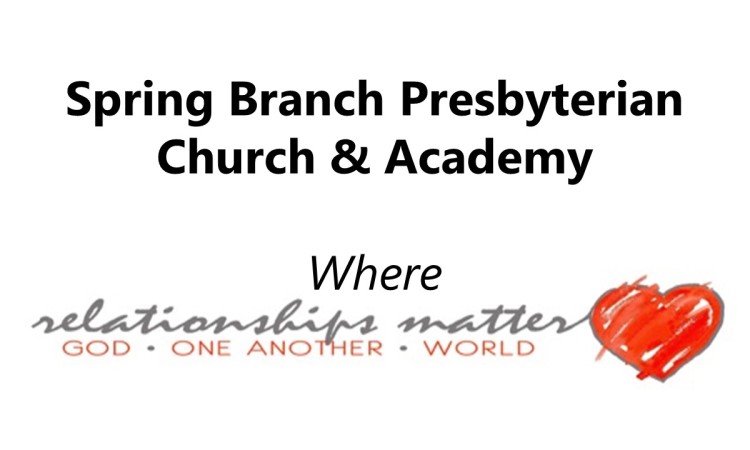A Call to Faith Lesson I, Part III, Assimilation of Creeds
A Call to Faith Lesson I, Part III, Assimilation of Creeds
This study is a call to assimilate the faith of the church by assimilating its creeds. By assimilating these creeds, they become part of us, and we part of them, and then God will have all of the man, whatever he is. There are three phases to this assimilation.
The first of these is a need for a healthy skepticism.
There are many people in the church who will not admit to a skepticism, because it makes them feel ashamed. Since no one admits it, those who feel a questioning of the teaching of the church are ashamed.
But the word skeptic comes from a Greek word meaning “to look carefully about.” It seems that every boy and girl passes through a stage of skepticism in religion when passing out of his childhood religion into a religious conviction of his own. Perhaps the fact that we don’t give him the faith to establish a conviction of his own is one reason why the church loses so many young people after high school.
Rebellion is perhaps necessary to the young in order that freedom may come. Maybe adults are half hearted in their faith, because fearing to be skeptics, they hold onto their adolescent beliefs.
We do not need to look about for absolute proofs of the creeds, but we do need to look for the meanings. And although we dare not wait for absolute proof before accepting the church’s teachings, we dare not wait to begin searching for the meanings to be found there.
Another need in assimilating the creeds or the church is the need for tolerance.
The Christian church down through the years has found its members in disagreement on many matters of faith. In fact, the church has round it impossible to formulate any comprehensive doctrinal statement that could find general agreement among all Christians.
From the beginning, the Church has agreed on the major truths. But at times, unnecessary conflict has been aroused in the church by forgetting that the truth of God is so far beyond us that it is possible for two of us to hold quite divergent views on some phase of God’s activity, and for both of us to be right.
For example, pick a city. Since we are in Houston, if you say that Dallas is to the north, and I say it is to the South, one of us must be wrong. But if we consider the larger scope that we are both in Texas, and consider, and I say Texas is to the North, and you say Texas is to the South, we both are right, as the perspective is larger than our question.
The last need in assimilating the faith of the church is the need for an imaginative insight.
We need an imagination when studying the creeds of the Church, because the creeds are not the faith. They are representations of the faith. They point to faith like a map. The map indicates the boundaries and characteristic features of the country it represents. But when one has looked at the map, one has not seen the country.
Moreover, creeds are handed down in the church from one generation to another, and the language subtly changes so that the meanings are not quite the same. About three hundred years after Christ, there were a number of meetings of church people, in an effort to set down on paper just what their beliefs were. In the middle ages there were more meetings, and our Confession of Faith, and other confessions came out of these. Who knows but that in another few hundred years, it will not be necessary for other assemblies of church men and women to meet to bring up to date our creeds in modern language.
The creed of the church should be a living growing thing. The creed stands for the great principles which are the same in all ages. A creed must be studied to see what these principles are. But a creed is not dogmatic. Dogmatism is a creed with a club in its hand, willing to persuade if possible, but willing to pound if necessary in order to secure conformity. That creed by force has never been part of the great principles.
We need creeds, and we need them to be living, for where a scientist can look at the world and pass his results on to you, in life you must experience philosophy and religion first hand.
Consequently, this study is designed to bring you face to face with many of the great teachings of the church, so that you can assimilate them.
We may not express the doctrines exactly enough to satisfy a theologian, but our purpose will be to bring you face to face with them so as to stimulate your thinking.
And to end Lesson I, our introduction, we shall end it on a trio of questions:
Where do we each fall in our knowledge and understanding of our theology and our stated creed, and how does it affect the strength of our faith?
Do we think the skepticism of the young and the young in faith is more harmful or healthful to building faith?
To what extant do you think the church should encourage its young and our young in faith to discuss and question basic doctrine rather than just memorize it?


















